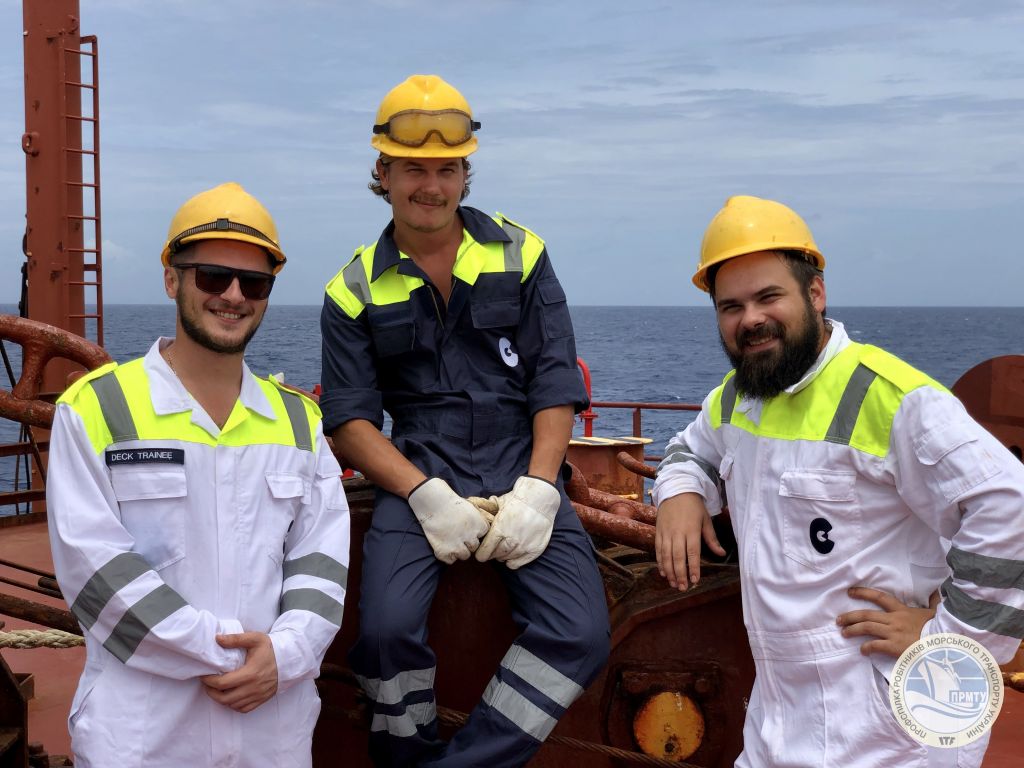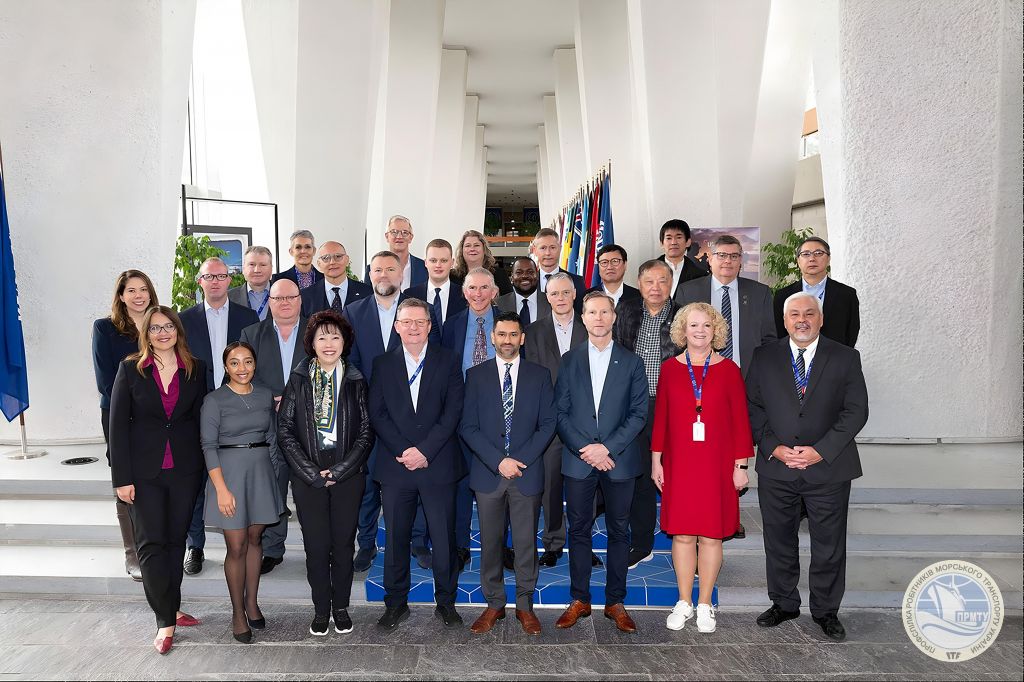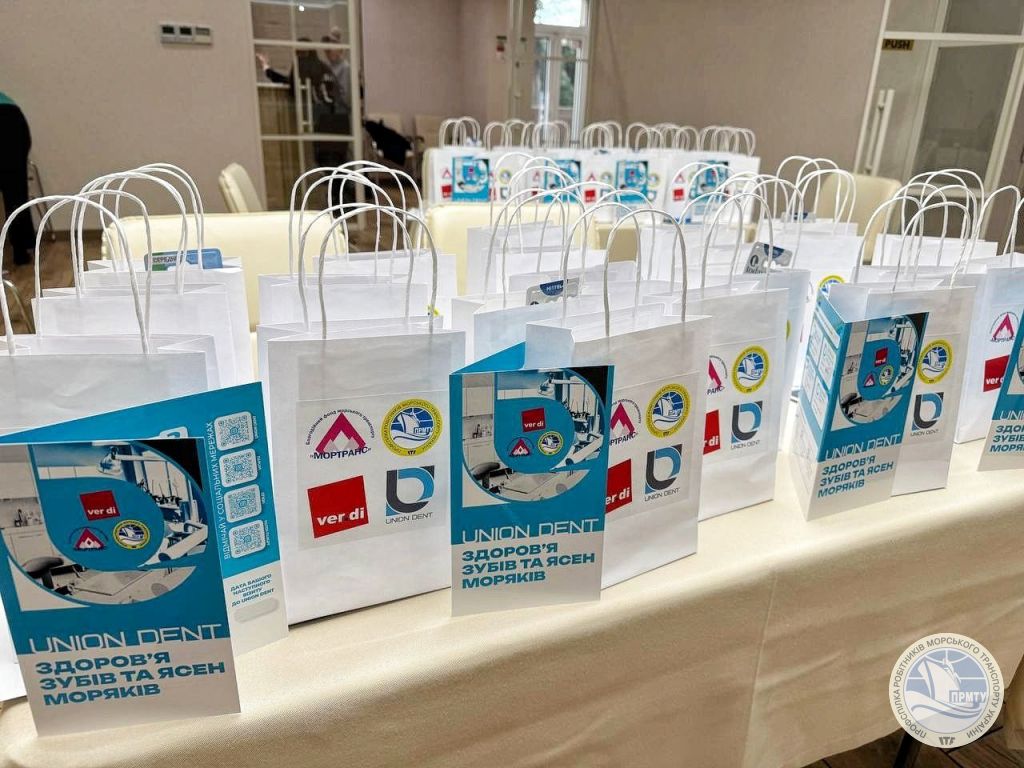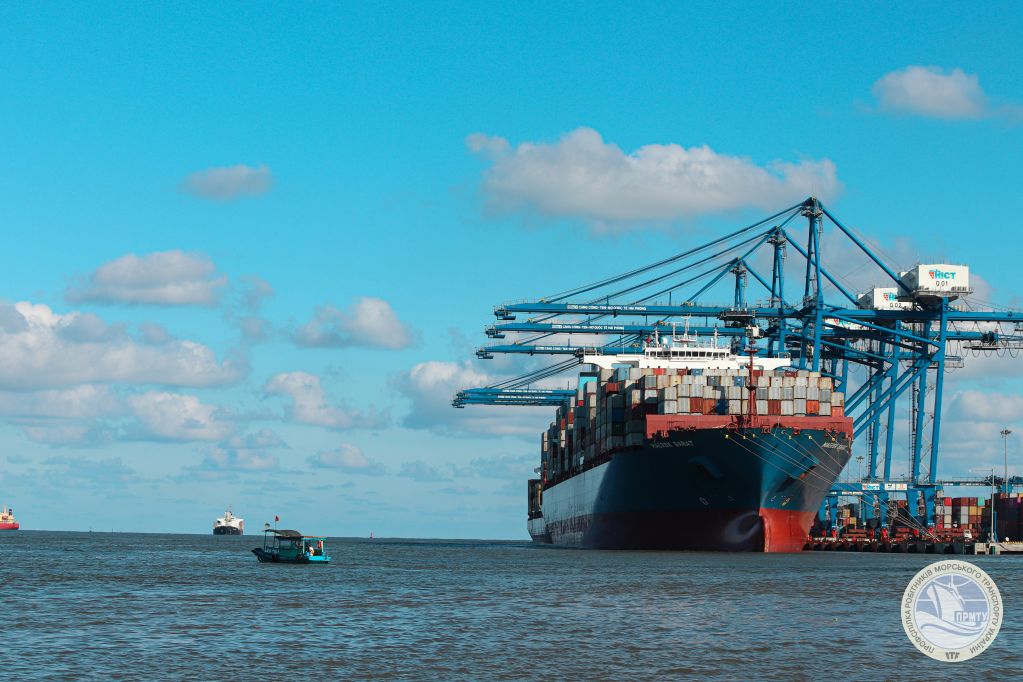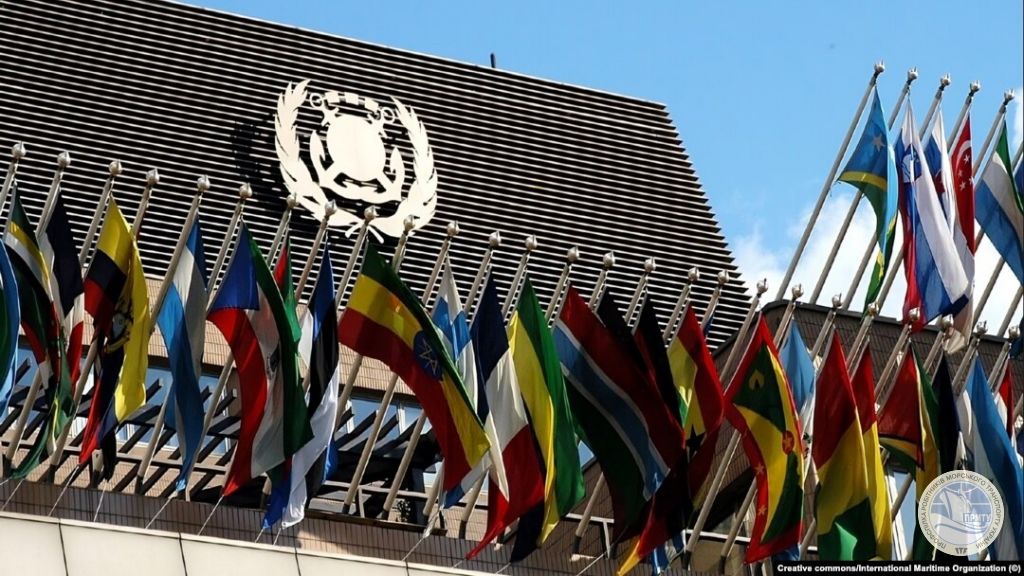The MLC, 2006 is an important international instrument that sets out labour rights standards for seafarers around the world. The lack of uniform international standards has previously led to serious social and safety issues. The Convention has become an important step in the fight against discrimination, exploitation and inequality among seafarers, paving the way for monitoring and enforcement of their labour rights.
Eighteen years ago, on 23 February 2006, the Maritime Labour Convention was adopted at the 94th session of the International Labour Organization's General Conference in Geneva (MLC, 2006). In order to enter into force, the Convention required ratification by at least 30 countries with at least one third of the gross registered tonnage. 12 months after this condition was met, the Convention entered into force in August 2013. The Convention was drafted by a tripartite body comprising representatives of the state, shipowners and seafarers' organisations, i.e. trade unions. It is based on existing conventions and recommendations on seafarers' labour, as well as other fundamental principles, with the aim of ensuring decent working and living conditions for all seafarers.
The MLC has become the fourth pillar of international maritime law. Today, it has been ratified by 105 countries and covers 96.6% of the total tonnage of the world's fleet. Unfortunately, Ukraine is the only major seafarer-supplying country in the world that has not yet ratified the MLC, 2006.
According to the MLC, a seafarer has the right to a safe and secure workplace where safety standards are met, you are provided with fair employment conditions, decent working and living conditions, including social protection such as access to medical care, occupational safety and health and welfare services.
The document explains seafarers' rights in four sections:
- Minimum requirements for seafarers' work on board.
- Conditions of employment.
- Living quarters, recreational facilities, food and catering services.
- Healthcare, medical care, social and domestic services and social security.
These chapters detail the responsibilities of states and shipowners to provide seafarers with the same protection as people working ashore, taking into account the specific characteristics of life and work at sea. All of this is understood as seafarers' rights. If these rights are not respected, there is a complaints process. If the problems are serious and repeated, if they threaten the health, safety or employment of seafarers, they can lead to the detention of the ship.
The text of the Convention is available on the MTWTU website: https://storage.mtwtu.org.ua/source/1/-PtDvHgOsp_-RVQMV617Au9TmMlOddI3.pdf
The ILO website also offers a downloadable application that will help you find answers to questions about the provisions of the Convention: https://faqmlc.ilo.org/en/.
The MTWTU took an active part in the development of the Convention's text back in the early 2000s. Long before the Convention entered into force, the MTWTU made every effort to ensure the implementation of the Convention's provisions in Ukrainian legislation. The MTWTU has repeatedly initiated meetings, roundtables, conferences and seminars with the largest Ukrainian crewing companies, international shipowners, ILO representatives with the participation of the ITF Secretariat and affiliated unions to explain to the authorised authorities in Ukraine the need and urgency of ratifying MLC, 2006.
The MTWTU engaged the relevant ministry in discussions, sending numerous letters and appeals to the state authorities in an attempt to speed up the ratification process.
In an effort to continuously improve the level of training of its staff to ensure the best standards of protection of Ukrainian seafarers, the MTWTU provided training for four MTWTU employees at the ILO International Training Centre in Turin (Italy), who are currently the only certified MLC trainers in Ukraine, in 2006.
Despite the current difficulties and inspired by the example of other maritime states, the MTWTU continues to fight for the early ratification of MLC, 2006 by Ukraine.
